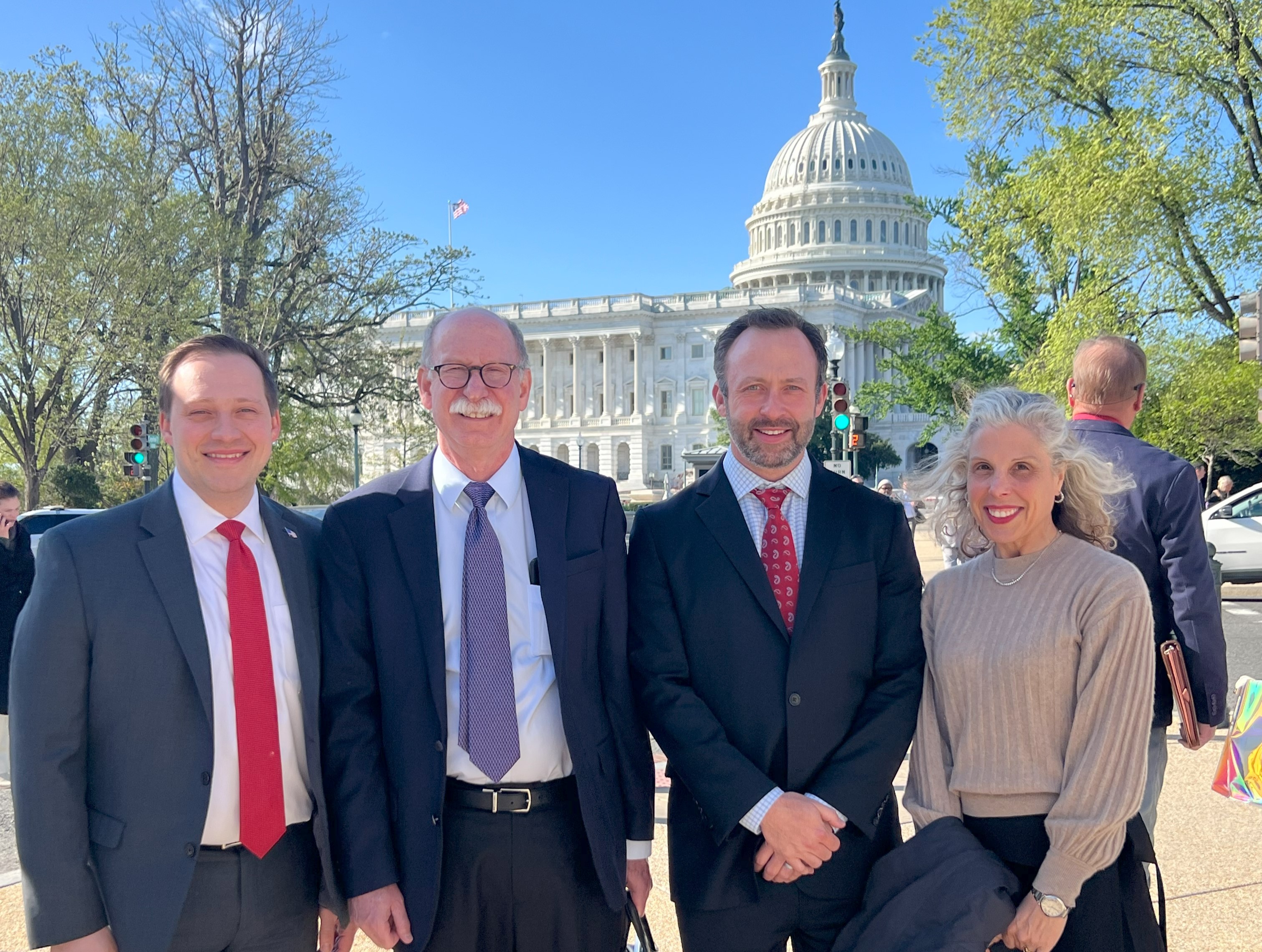LUGPA Policy Brief - The Threat of Tax Reform to Nonprofit Organizations
January 2025
The expiration of provisions in the 2017 Tax Cuts and Jobs Act (TCJA) creates a looming "tax cliff" that will drive significant tax reform discussions in 2025. Congress is expected to prioritize tax reform within the first 100 days of the incoming administration, with proposals under consideration that could have devastating impacts on nonprofit organizations, including professional associations like LUGPA.
Without action, $4.6 trillion of tax relief provided by the TCJA will expire on December 31, 2025. Utilizing budget reconciliation, tax legislation can pass the Senate with a simple majority, amplifying the urgency for nonprofit advocacy.
Recent proposals aim to impose a 21% corporate tax rate on the non-donation revenue streams of nonprofit organizations. This includes:
- Membership dues
- Sponsorship income
- Investment earnings
- Educational program revenue
Furthermore, some think tanks, including the Tax Foundation and the Cato Institute, advocate for:
- Applying a corporate income tax to net program service income.
- Eliminating not-for-profit status for activities with private-sector competitors.
The Impact
Taxing nonprofits would fundamentally jeopardize their ability to fulfill their missions. Critical consequences include:
- Loss of essential services: Nonprofits provide vital support to industries, professions, and communities, often filling gaps left by government and businesses.
- Innovation barriers: Reduced revenue would limit nonprofits' ability to invest in programs and initiatives that drive progress.
- Economic harm: Nonprofits are job creators and economic drivers, supporting thousands of employees and associated industries.
Why LUGPA Opposes These Reforms
Nonprofits like LUGPA serve unique and irreplaceable roles. For example:
- Bridging gaps: Nonprofits address unmet healthcare, education, and public policy needs that neither government nor the private sector can fully support.
- Supporting professionals: Associations like LUGPA enhance professional development, support innovation, and foster collaboration within specialized fields.
- Community impact: Nonprofits uplift communities, improve access to care, and advocate for policies that drive equitable outcomes.
What's at Stake
The proposed tax reforms threaten to:
- Undermine the financial viability of nonprofit operations.
- Discourage community-oriented initiatives reliant on net program revenues.
- Shift financial burdens to members, sponsors, and other stakeholders.
Nonprofits are not just service providers; they are innovators, job creators, and community builders. Taxing their revenue streams would erode their capacity to serve and undermine the social fabric they help sustain. LUGPA urges Congress to reject these harmful proposals and work toward preserving nonprofit organizations' vital contributions.
|




